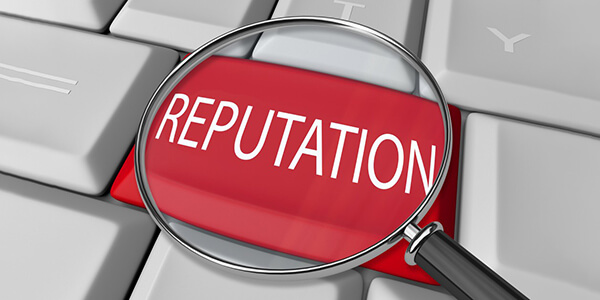I constantly strive to develop and acquire new knowledge, my experience and additional education confirm this.
When spreading information about you, especially if it is false or private information, it is important to act with caution and discretion. Here are some steps that can help in this situation:
Collect information: Find the sources of this information and understand where it comes from and how reliable it is.
Keep calm: Do not react to emotions. It can be difficult, but it's important to stay calm and not react too emotionally.
Strategize: Decide how you want to respond. This may include contacting whistleblowers, seeking legal advice or even making a public announcement.
Seek professional help: If the information is causing you harm, seek professional help, such as a lawyer or legal practitioner, to help you manage the situation.
Support: Reach out to family, friends or professional counselors if you feel you need support or advice.
Correcting information: Where possible and necessary, provide an answer or correct information to refute erroneous or false statements.
Protection of rights: If you believe that your rights have been violated, consider contacting law enforcement and/or the courts.
Remember that the reaction to such situations may vary depending on the specific situation and personal circumstances.
The terms "unverified information" and "unreliable information" have significant differences. Here's a quick clarification:
Unverified information: This is information that has not been subjected to a process of verification for its truth or validity.This may be because the information has not yet been verified or published by a trusted source.
False information: This is information that turns out to be false or inaccurate after verification. It can be an attempt to deceive, a mistake, or an attempt to influence the thoughts or actions of other people.
It is important to distinguish between these concepts, as inaccurate information can lead to negative consequences, while unverified information simply indicates that it needs to be further verified.
Personal verification of information in open data can be a useful tool to ensure the authenticity of information, especially when it comes to information that is publicly available. Here are some steps you can take to verify information in open data:
Determine the source of the information: Try to find out where exactly the statement or data you want to check was published.
Check official sources: Check whether this data is published on the websites of official institutions or sources, such as government agencies, international organizations or known sources of statistics.
Use Independent Fact-Checking Sources, individual information searching in open-data: There are a variety of websites and organizations that specialize in fact-checking and verifying information. They can provide additional checks.
Analyze the context of the information: Carefully examine the context in which the information was published. Compare it with other sources of information to make sure it is true.Verifying data using other sources: Try to find alternative sources that can confirm or refute the information you are verifying.
Be careful with social media posts: Information shared on social media may be unverified or false.
Violation of personal non-property rights such as honor, dignity and reputation is a serious problem. In today's world, where information spreads rapidly through various media, it is important that individuals have the opportunity to protect their rights against false or unreliable claims.
Refutation and response are effective ways to protect against false information. This allows a person to express their point of view and counter it with the spread of false claims. In many countries, the laws also provide the possibility to go to court in case of refusal of the media to correct false information and to compensate for the damage caused.
It is important that all citizens understand their rights and be ready to defend them if they are violated. An active position and readiness to act can contribute to the resolution of such situations and ensure the protection of personal interests.
































